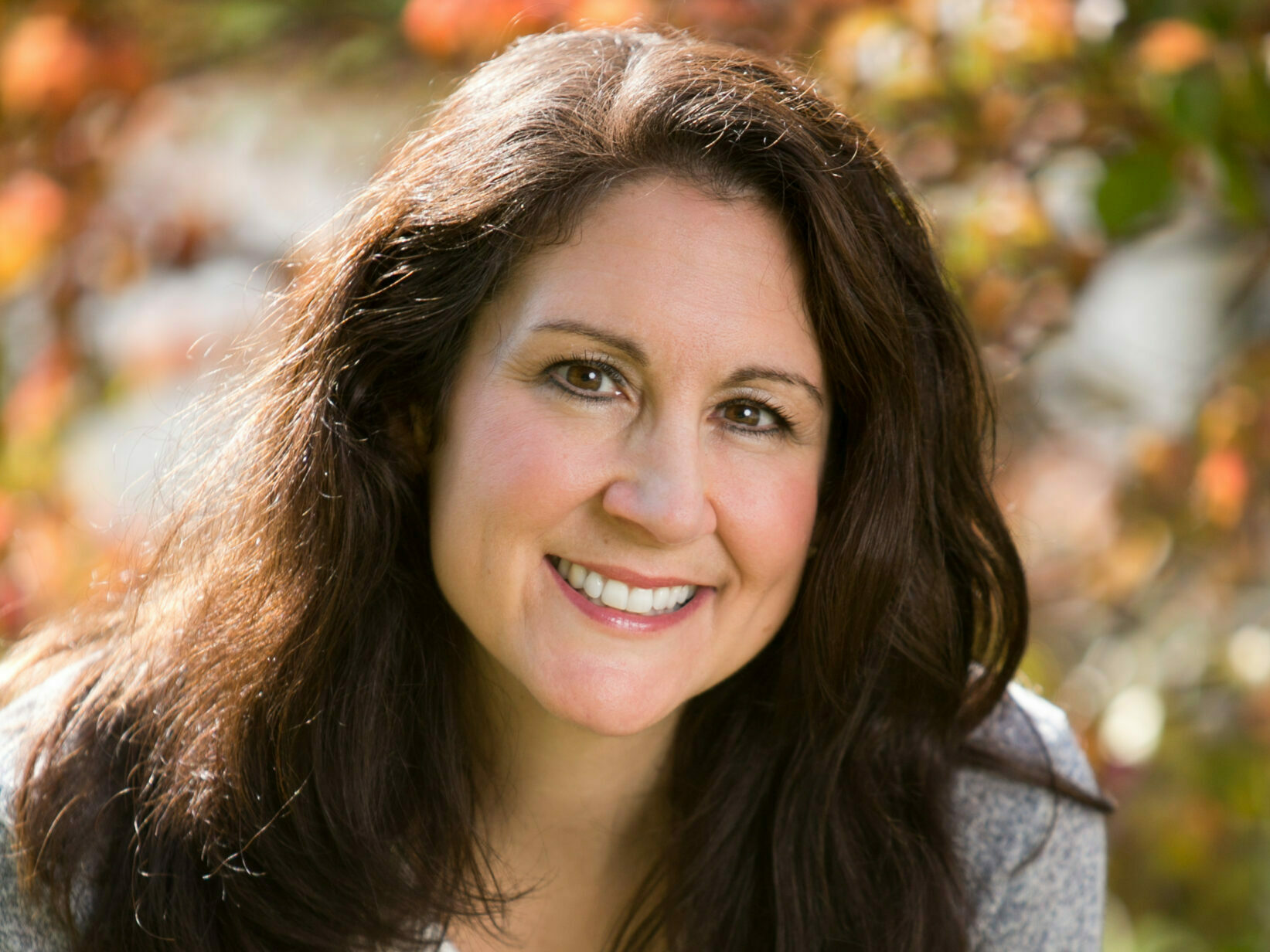
News
Raising Awareness of Chronic Illnesses
Play audio version
Meet DJP Mentor Meredith O’Brien
October 5, 2021
Disability Justice Project mentor Meredith O’Brien has always loved reading and writing. “As a kid, I was often reading and trying my hand at writing little stories,” she says. “I’d find notebooks around the house and just start writing stories in them.”
Today, O’Brien is a 52-year-old author of four books and has been a School of Journalism instructor at Northeastern University for the last six years. She previously taught journalism at the University of Massachusetts Amherst and Framingham State University, and she has written for multiple publications, including The Union-News (now called The Republican) in Springfield, Massachusetts, and The Boston Herald. Additionally, she’s worked for the Center for Public Integrity, a nonprofit news organization dedicated to inspiring change through investigative reporting.
O’Brien is a Massachusetts native. She grew up in West Springfield and is the oldest of two children. Though she’s had an affinity for literature since childhood, a pivotal pop quiz in an AP history class during her high school senior year partially prompted her interest in journalism.
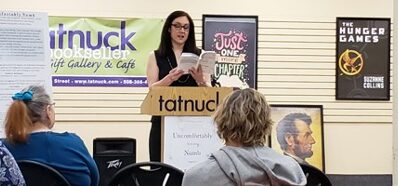
Her AP history teacher made her realize how little she knew about domestic and international news. “… As soon as I was a freshman at UMass Amherst, I decided to take a journalism class and got involved with the student newspaper there … and from then on … it just whet my appetite,” she says. O’Brien ultimately received her undergraduate degree in journalism and political science. In 1994, she pursued a master’s degree in political science from American University to gain a deeper understanding of politics and to enhance her reporting on the topic.
O’Brien likes to write on social media too. She is a news and Twitter enthusiast; her commentary includes pop culture, news analysis, sports, and literature. When she’s not tweeting in her spare time, she’s reading books, watching films, or spending time with her two dogs. She is also married and a mother of three.
To make [disability] part of life, that’s what I would love for it to be – part of life that everybody’s respectful of and aware of and understanding.
Meredith O’Brien
In recent years, O’Brien has shifted her focus mainly to teaching and book-writing. Last year, she published Uncomfortably Numb, a memoir about her experience with multiple sclerosis since her diagnosis in July 2014. The book was originally a thesis for her master’s degree in creative non-fiction at Bay Path University from 2016. “Writing a memoir was very scary,” she says. “It was natural when I started it for my MFA program but to actually launch it out to the world was scarier than any … of the other pieces of work I had written.”
O’Brien believes educating people about chronic illnesses and invisible symptoms is important. She herself has experienced harassment due to a lack of widespread awareness of chronic illnesses. Her involvement with the Disability Justice Project, however, is an avenue to prompt awareness of disability via journalism. She wants to see fellows of the DJP write about disabilities in a fearless and thoughtful way. “For the world to be able to come to terms with everybody’s different abilities … to make [disability] part of life, that’s what I would love for it to be, part of life that everybody’s respectful of and aware of and understanding.”
News From the Global Frontlines of Disability Justice
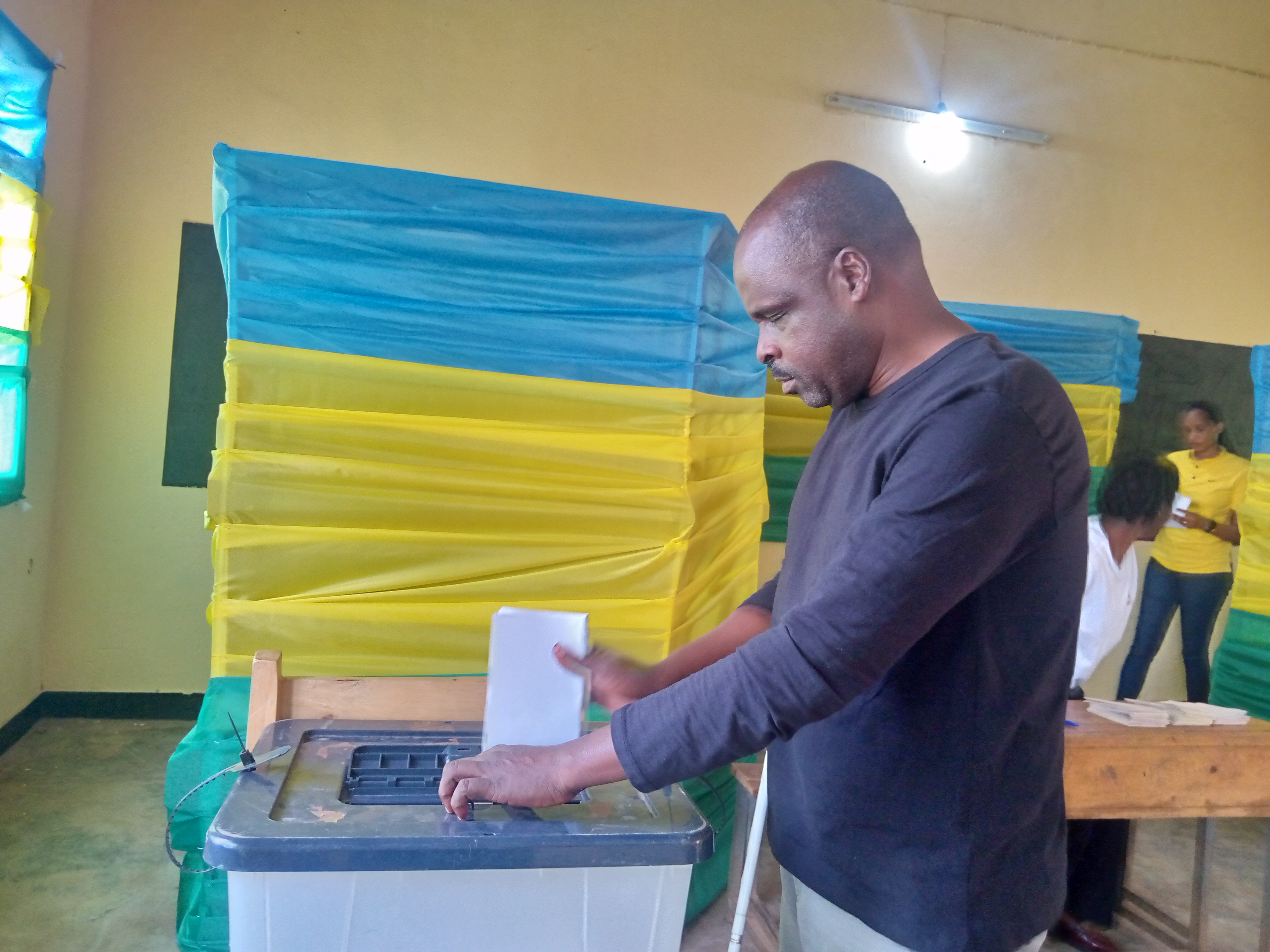
Advancing Democracy
Rwanda has made significant progress in making its elections more accessible, highlighted by the July 15 general elections where notable accommodations were provided. This was a major step forward in disabled Rwandans’ quest for equal rights and participation. “You cannot imagine how happy I am, for I have voted by myself and privately as others do accessibly,” says Jean Marie Vianney Mukeshimana, who used a Braille voting slate for the first time. “Voting is a deeply emotional and meaningful experience for a person with any disability in Rwanda, reflecting a blend of pride, empowerment, and hope.”
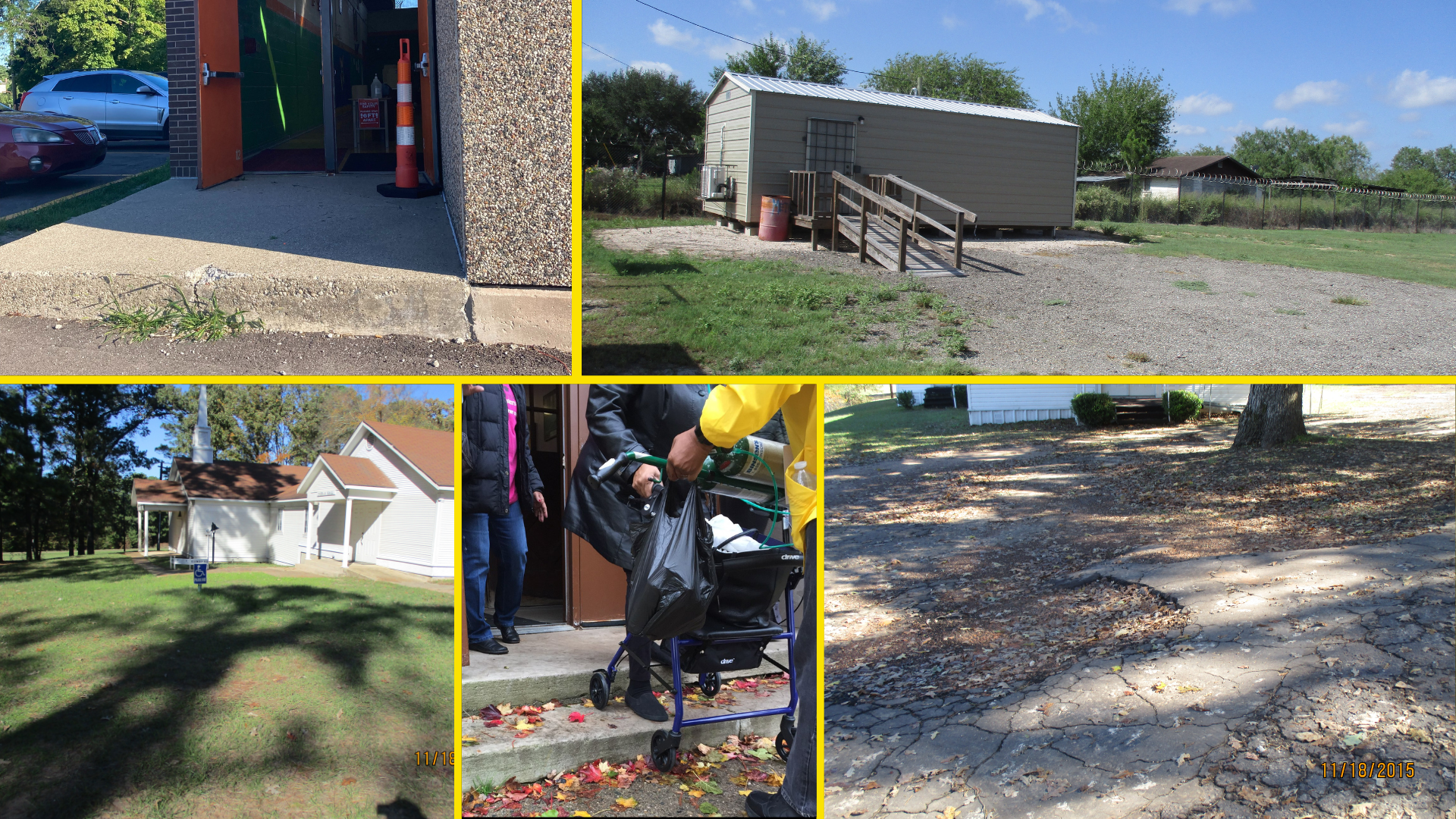
Barriers to the Ballot
Despite legislation like the Americans with Disabilities Act, barriers at the polls still hinder — and often prevent — people with disabilities from voting. New restrictive laws in some states, such as criminalizing assistance with voting, exacerbate these issues. Advocacy groups continue to fight for improved accessibility and increased voter turnout among disabled individuals, emphasizing the need for multiple voting options to accommodate diverse needs. ““Of course, we want to vote,” says Claire Stanley with the American Council of the Blind, “but if you can’t, you can’t.”
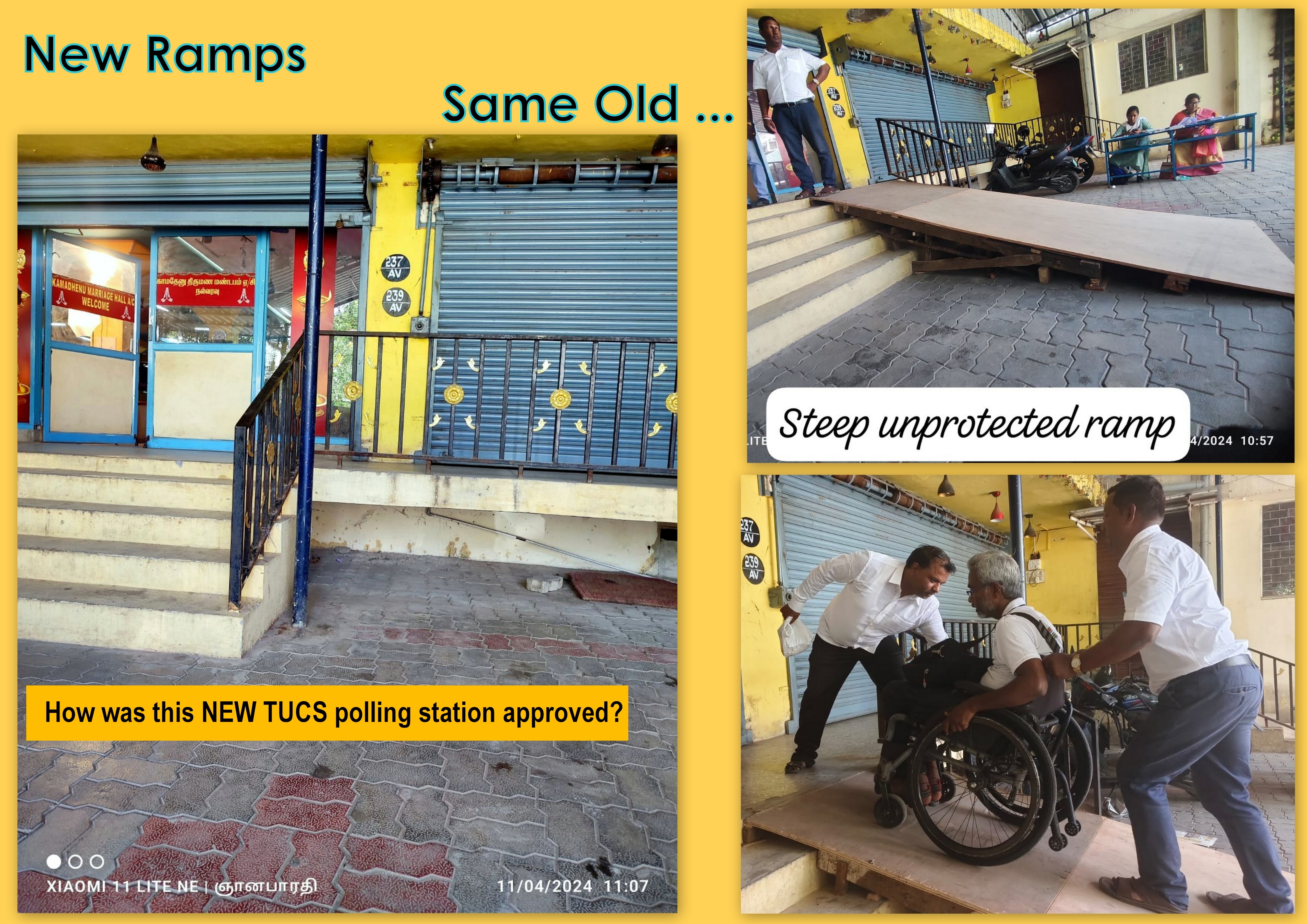
Democracy Denied
In 2024, a record number of voters worldwide will head to the polls, but many disabled individuals still face significant barriers. In India, inaccessible electronic voting machines and polling stations hinder the ability of disabled voters to cast their ballots independently. Despite legal protections and efforts to improve accessibility, systemic issues continue to prevent many from fully participating in the world’s largest democracy. “All across India, the perception of having made a place accessible,” says Vaishnavi Jayakumar of Disability Rights Alliance, “is to put a decent ramp at the entrance and some form of quasi-accessible toilet.”
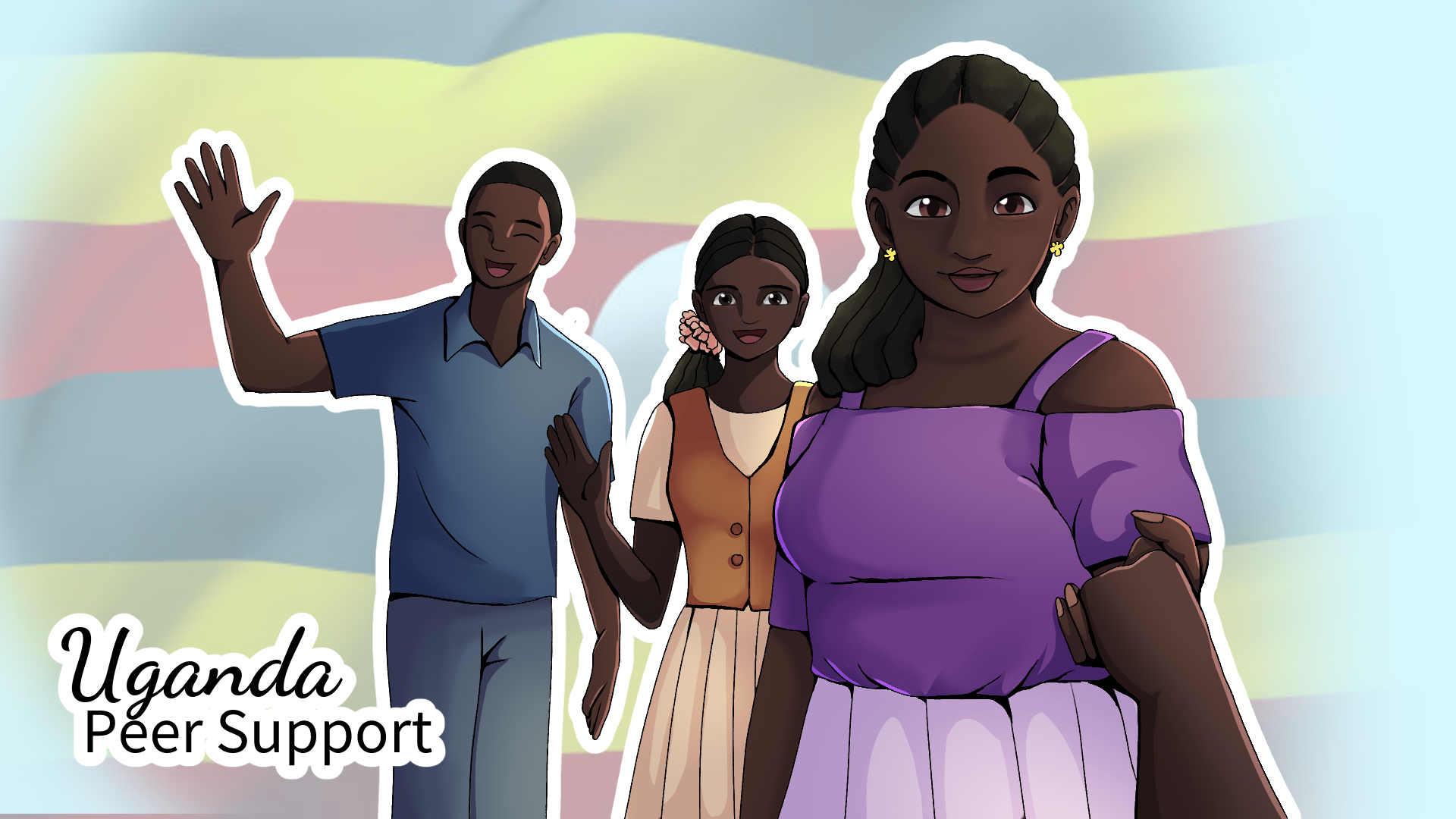
Triumph Over Despair
DJP Fellow Esther Suubi shares her journey of finding purpose in supporting others with psychosocial disabilities. She explores the transformative power of peer support and her evolution to becoming an advocate for mental health. “Whenever I see people back on their feet and thriving, they encourage me to continue supporting others so that I don’t leave anyone behind,” she says. “It is a process that is sometimes challenging, but it also helps me to learn, unlearn, and relearn new ways that I can support someone – and myself.”
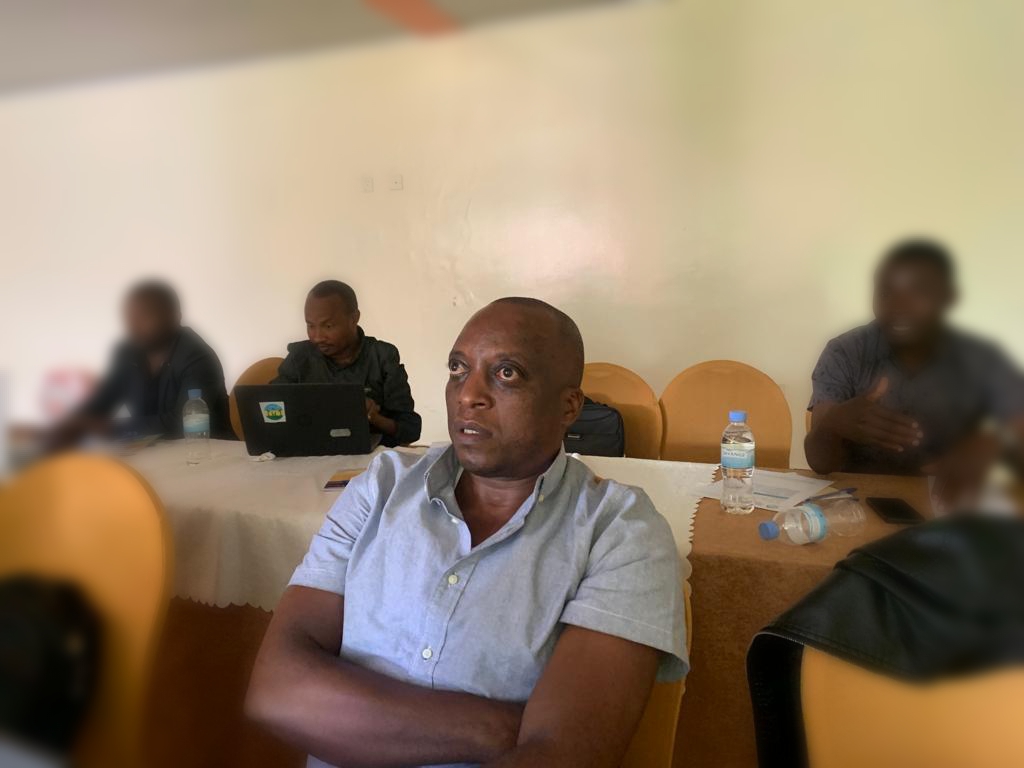
‘Our Vote Matters’
As Rwanda prepares for its presidential elections, voices like Daniel Mushimiyimana’s have a powerful message: every vote counts, including those of citizens with disabilities. Despite legal frameworks like the UN Convention on the Rights of Persons with Disabilities, challenges persist in translating these into practical, accessible voting experiences for over 446,453 Rwandans with disabilities. To cast a vote, blind people need to take a sighted relative to read the ballot. An electoral committee member must be present, violating the blind person’s voting privacy. “We want that to change in these coming elections,” says Mushimiyimana.
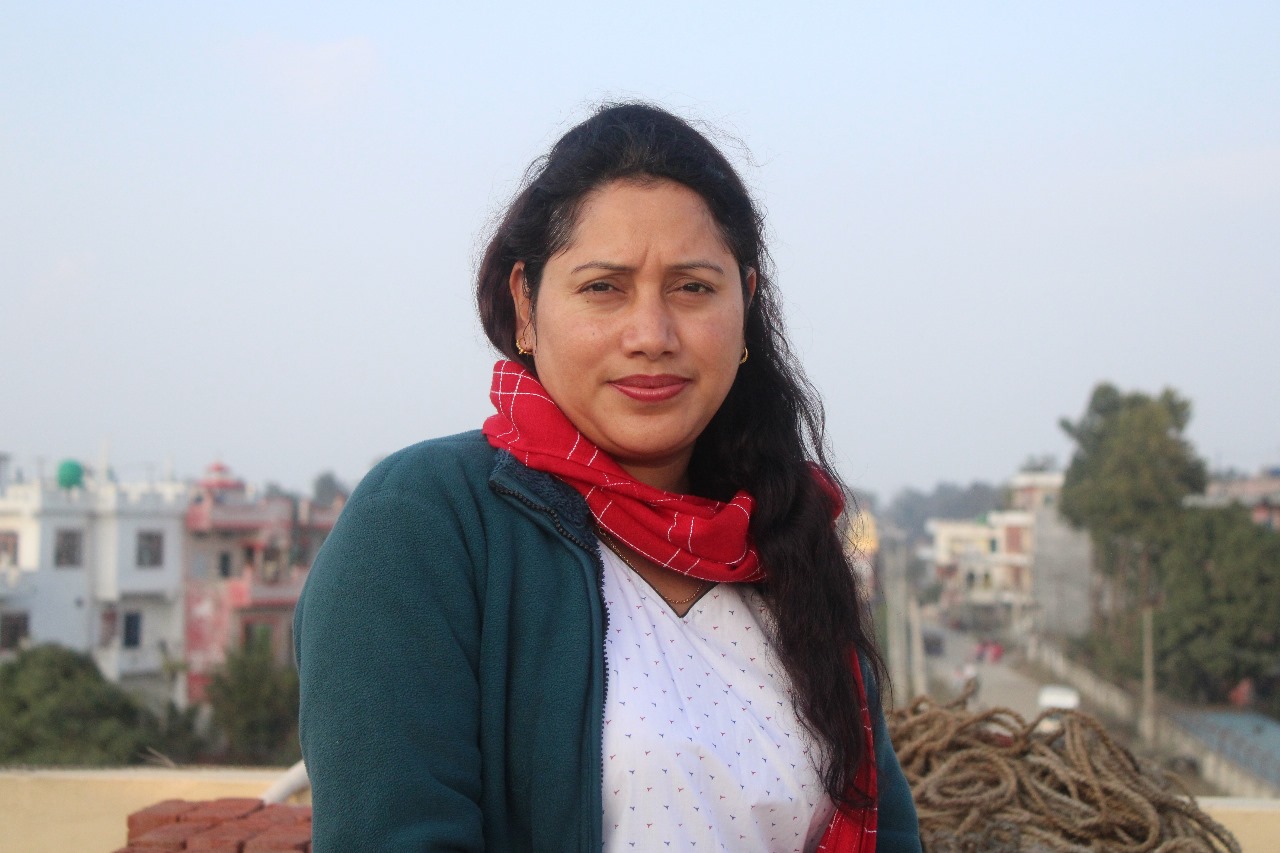
Voices Unsilenced
Often dismissed as a personal concern, mental health is a societal issue, according to Srijana KC, who works as a psychosocial counselor for the Nepali organization KOSHISH. KC’s own history includes a seizure disorder, which resulted in mental health challenges. She faced prejudice in both educational settings and the workplace, which pushed her towards becoming a street vendor to afford her medications. Now with KOSHISH, she coordinates peer support gatherings in different parts of Nepal. “It is crucial to instill hope in society, recognizing that individuals with psychosocial disabilities can significantly contribute,” she says.